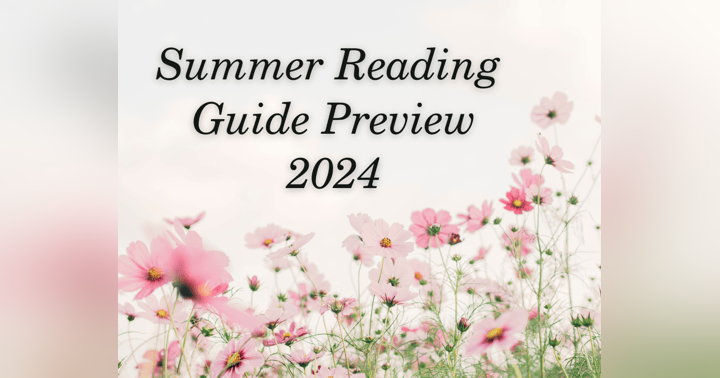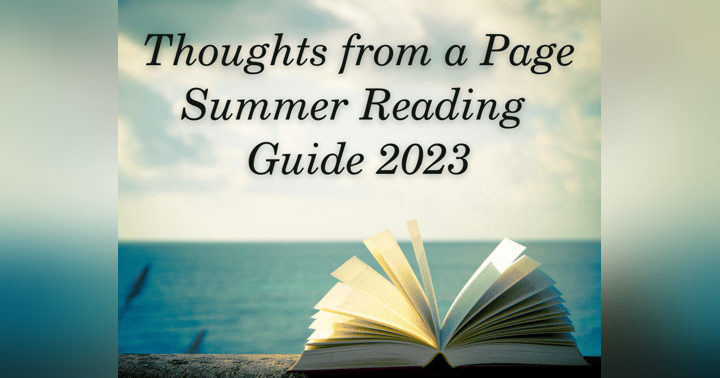Miranda Beverly-Whittemore’s book Fierce Little Thing published on July 27, 2021. Miranda is the New York Times bestselling author of Bittersweet, June, Set Me Free, and The Effects of Light. A recipient of the Crazyhorse Prize in Fiction, she lives and writes in Brooklyn.
Synopsis of Fierce Little Thing from the publisher:
Saskia was a damaged, lonely teenager when she arrived at the lakeside commune called Home. She was entranced by the tang of sourdough starter; the midnight call of the loons; the triumph of foraging wild mushrooms from the forest floor. But most of all she was taken with Abraham, Home's charismatic leader, the North Star to Saskia and the four other teens who lived there, her best and only friends.
Two decades later, Saskia is shuttered in her Connecticut estate, estranged from the others. Her carefully walled life is torn open by threatening letters. Unless she and her former friends return to the land in rural Maine, the terrible thing they did as teenagers―their last-ditch attempt to save Home―will be revealed.
From vastly different lives, the five return to confront their blackmailer and reckon with the horror that split them apart. How far will they go to bury their secret forever?
New York Times bestselling author Miranda Beverly-Whittemore’s Fierce Little Thing is a mesmerizing story of friendship and its reckonings.
Miranda answers some questions about her latest novel Fierce Little Thing:
1. What inspired you to start writing Fierce Little Thing?
Five or so years ago, my husband and I went to lunch with three people he’d been raised with on the political commune where he grew up on the Upper West Side of New York. One of the women we were meeting was about a decade older than us, and had a much different perspective on the commune than David and the two other people did, who were much younger when it disbanded. This woman described to us how humiliating and painful it was to go through middle school with the conviction that she had to spread the “truth” to her fellow age mates. She spoke of taking pamphlets about bringing down the US Government to school, and how trying to distribute them destroyed her socially, and as she spoke, she started weeping. This moment sparked Fierce Little Thing. I wanted to spend time with a group of people who’d been children old enough to “buy in” on a movement that had disbanded by the time they were adults—who would they become? How would that legacy stay with them?
2. What comes first, the plot or the characters?
Plot and character are inextricably linked in my mind—and starting this book really proved that point. Early drafts had me writing from multiple points of view, and then a very wise writer friend told me that this was Saskia’s story, and I needed to try writing strictly from her perspective. As soon as I did, Saskia’s world—and the world of the commune she lived on as a child, called Home—came alive, and I knew where the plot was going to take me.
3. Can you share something with me about your book that is not in the blurb?
Fierce Little Thing is a book about friendship, and I never could have written it without the cohort of summer camp friends with whom I grew up. It was a day camp, and we didn’t belong to a cult, but our passionate loyalty to each other is one I’ve yet to experience again in my own life, and closely resembles how tied Saskia feels to her friends, even twenty odd years later. I still dream about my camp friends at least once a month! So this book is, in many ways, an homage to them. I’ve even dedicated it to them.
4. What were the key challenges you faced when writing this book?
I’d sold Fierce Little Thing and written about a hundred pages of it prior to the pandemic. Once COVID hit, my family and I had to leave our home of twenty years, and suddenly I had no childcare, and had to write the final 2/3rds of the book in record time. That was definitely a major challenge! But it was also such a gift to be writing a book about communal living while living communally, as my family figured out where to land next, which meant crashing with other families. Mothering with other mothers, seeing my kids become like siblings to friends and cousins, brought a whole new perspective to the book, and I’m immensely grateful for it.
5. How do you come up with the title for this one?
The working title for this book was a line from one of the songs that the Homesteaders sing—“Things too fierce to mention.” But I knew it was too much of a mouthful to be a successful title! I mulled over a few alternatives, but once I hit on Fierce Little Thing, I knew it was right. First of all, because it includes the word “thing,” and the commune’s central tenet is that of “Unthinging,” aka getting rid of worldly possessions. And second of all, because we call girls and women all kinds of condescending names, and “fierce little thing” is along the same lines as “pretty little thing,” and I just loved the idea of this powerhouse taking on that name and choosing to make it her own.
6. What are you reading now?
I’m finally letting myself read all the culty novels that I spent the time I was writing this book avoiding so that I wasn’t inadvertently influenced by them! R.O. Kwon’s The Incendiaries, Chelsea Bieker’s Godshot, Emily Temple’s The Lightness, and Emma Cline’s The Girls, among others. Plus Amanda Montell’s amazing examination of the language of cults, called Cultish. I can highly recommend all of them, and would love suggestions of what to read next along these same lines!
Order Fierce Little Thing on Bookshop.org here.

























